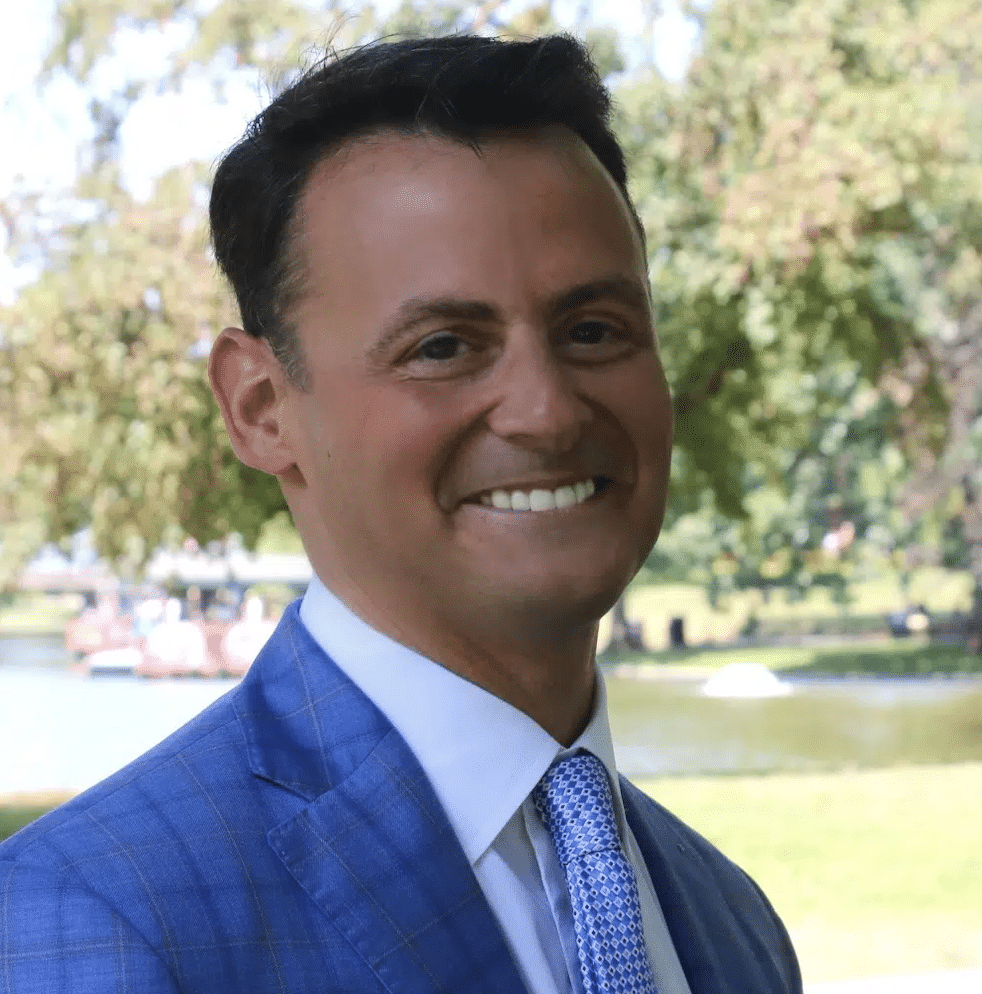Emerson College Polling administers public opinion surveys to better understand the attitudes and beliefs of individuals around the world, on subjects that impact us all.
The Polling Center is a non-partisan organization dedicated to accurately reflecting populations through public opinion research. Established 25 years ago as a classroom exercise, in 2012 Emerson College Polling was transformed into an innovative, nationally-ranked polling center. Emerson College Polling conducts research on civic behavior, polling methodology, public health, and public policy.
Emerson College Polling (ECP) is a Charter Member of the American Association of Public Opinion Research (AAPOR) Transparency Initiative. AAPOR is the leading professional organization of public opinion and survey research professionals in the United States, with members from academia, media, government, the nonprofit sector, and private industry. ECP publishes not only its full topline results, but also its full crosstabs for each survey, aiming to ensure that data is easily accessible and available to researchers.

Methodology
Emerson College Polling has developed a mixed-mode methodology that continues to develop as the way in which individuals communicate with one another evolves. To create a representative sample, Emerson College Polling uses a combination of:

Landline respondents

Cell phone respondents

Online panels
As communication evolves, Emerson College Polling evolves its methodology to reach respondents where they can best communicate. In 2016, ECP used a landline-only sample design. In 2017, it expanded to a mixed-mode methodology by integrating online panels into its sample. In 2019, Emerson College Polling began to incorporate Text-to-Web data collection into its methodology to achieve the most representative sample possible. In 2022, ECP’s mixed-mode methodology includes IVR, online panels and text-to-web data collection. As of 2024, ECP remains at the forefront of data collection, utilizing MMS-to-web, online panels, and Interactive Voice Response.
The results presented in our reports include univariate and bivariate analysis of the data. Frequency distributions for each item included on the questionnaire are shown in the tables. In all cases, cross-tabulation results are also shown. This type of bivariate analysis examines differences between sub-groups of the overall population. It is important to note that in crosstabulations, the margin of error increases for subgroup analysis.
The modes of data analyses are non-probability and deductive (from “general” to “specific”) in nature, so instead of using classical statistics to quantify the ‘uncertainty’ or range of scores a poll represents, we use Bayesian Statistical methods, that produce the mathematical likelihood of an event of interest, and that are inductive in nature (from “specific” to “general”), for data analyses in best estimate the true population mean proportion. Due to their inductive nature and probability oriented approach, Bayesian methods are often called “Evidence-Based” Statistics (Satake, 2014, 2016, and 2017).
More about our Methodology:
- MMS-to-Online: Target population (registered voters, likely voters, or residents) receive multimedia text messages with a custom graphic inviting them to take the survey online. The online surveys are hosted on Qualtrics. For election surveys, MMS respondents are selected randomly from state voter files, provided by Aristotle.
- Online Opt-in Panel: Respondents are invited and screened for voter registration and basic demographic information (state of residence, gender, age, and ethnicity) through an online opt-in panel provided by CINT. Those who pass the screening questionnaire are directed to an online survey, with additional screening questions to ensure data quality. Respondents who do not meet data quality measures are removed from the survey.
- IVR (Interactive Voice Response): Automated calls are placed to landline telephones of selected registered voters/likely voters/residents. Respondents answer the survey using their touch-tone telephone. IVR is not used in states where it is prohibited. For election surveys, IVR respondents are selected randomly from state voter files, provided by Aristotle.
- Emails: In some studies, emails are used as an additional mode. Respondents are contacted using a list of opt-in emails provided by Aristotle, directing them to an online survey hosted on Qualtrics.
Team
Who We Are

Spencer Kimball
Executive Director
Spencer Kimball is the founding Director of the Emerson College Polling Center. Kimball is an established expert in public opinion research. With over 20 years of experience, his innovative methodologies continue to lead the field.
His work is published in mainstream news sources around the globe and top tier journals including Nature Medicine and American Behavioral Scientist. In 2012, he established Emerson College Polling. His approach to data collection uses emerging communication technologies which includes text-to-web, email, online panels and Interactive Voice Response (IVR).
Kimball has been advising the CUNY School of Public Health on COVID-19 related surveys. In addition, he serves as an advisor to the Florida Atlantic University Business and Economic Polling Initiative that studies Hispanic Consumer sentiment.
Kimball is an Associate Professor at Emerson College, teaching undergraduate and graduate courses in Survey Methods and Political Communication.
Read More
Camille Mumford
Communications Director
Camille Mumford is the Director of Communications at Emerson College Polling. She is responsible for communicating survey findings to the public, with a comprehensible and transparent approach.
Mumford is an Affiliated Professor at Emerson College where she teaches an undergraduate courses in survey research.
Mumford is a member of the American Association for Public Opinion Research, and serves on the Executive Council of its New England chapter, and the Communications Committee of AAPOR.
Mumford’s primary area of research is related to women in public office, specifically on the differences in legislative and executive office through public opinion surveys and candidate debate content analysis.
Read More- Email: camille_mumford@emerson.edu

Matt Taglia
Senior Director
Matt Taglia is the Senior Director of Emerson College Polling.
He has worked in polling, political communications, and political strategy since the 2012 election cycle, most recently consulting on behalf of independent expenditure campaigns for a national organization.
Prior to this, Matt was an independent pollster for private clients and media outlets across the country, specializing in mixed-mode methodology and new approaches to online data collection. He also served as the UK government’s Head of Political, Press, and Public Affairs for the Southeastern US, where he led a team that oversaw diplomatic engagement with politicians, media, and other stakeholders.
He holds his BA (Honours) in politics from Queen’s University in Canada and his MA in political science from Georgia State University, where he focused on political theory and quantitative research methodology.
Read More- Email: matt.taglia@emerson.edu

Collin Robisheaux
Communications and Research Assistant
Collin Robisheaux is a communications assistant at Emerson College Polling. After graduating from Emerson College in 2023 with a B.S. in journalism and working as an undergraduate research assistant, Robisheaux joined the ECP staff to assist with its research, data visualization, and communications. Prior to ECP, Robisheaux worked at The Boston Globe.
Read More

